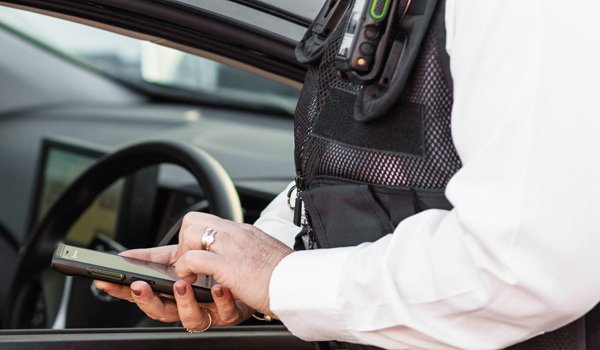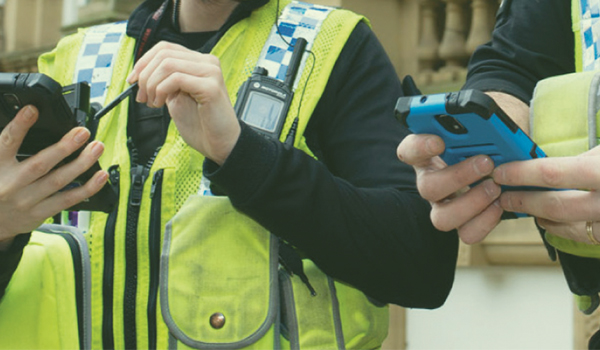Caught on camera
CCTV is a highly effective and cost-effective alternative to officers on every street corner and can provide the eyes for a police force and evidence shows that security camera systems in public places can deter crime.

CCTV is a highly effective and cost-effective alternative to officers on every street corner and can provide the eyes for a police force and evidence shows that security camera systems in public places can deter crime.
Imagine the scenario where officers responding to an abduction or robbery can see real-time video of the suspects and the crime as they drive to the scene.
Its not as far-fetched as it seems. With industry experts predicting that in the next few years digital CCTV will evolve into wireless CCTV systems that employ GSM (global system for mobile communication) or 3G (third generation) connections, beaming crime-related images direct to a police car is a distinct possibility.
These wireless systems will be completely portable and able to deliver live images to a PC, an Internet phone or a laptop. The cameras are tiny, but will include many of the sophisticated features of full-size digital CCTV cameras.
However, talk of linking CCTV cameras together to form a worldwide network to prevent terrorism remains very much in the future, not least because an international surveillance system would cost billions of dollars and require extensive international cooperation.
For the present, most CCTV systems have already gone digital to take advantage of the improved performance, surveillance camera manoeuvrability and quicker feedback compared to analog systems.
Analogue CCTV essentially involves recording onto video tapes, invariably with poor picture quality. Digital technology, however, allows video surveillance to go live over the Internet or a closed network and provide clearer, crisper images that can be tracked and manipulated easily. For law enforcement, digital surveillance means it is much easier to zoom in on images, track particular scenes and enhance features.
A modern digital CCTV security system consists of hardware and software components that collect and transmit vital surveillance camera information over fibre optic lines to control rooms equipped with digital CCTV monitors.
Evidence shows that CCTV security systems installed in public places or retail markets can deter crime, provide the police with leads, help citizens feel safer and improve the economy of a crime-stricken area.
However, as Superintendent Andrew Mellor of City of London Police (COLP), explains: A surveillance solution can boast thousands of features, but if the user cannot access them easily and intuitively then they will not be used. Intuitive control should extend to the use of CCTV imagery in court, affording them an understanding of how the video evidence was gathered, leading to a more effective prosecution.
Home to more than 450 international banks and countless multi-national corporations headquarters, Londons Square Mile is a major business and commercial district ranking alongside New Yorks Wall Street as the leading centre of global finance. As such, the City has a unique mix of security issues.
CCTV can instantly provide visual coverage of an area, said Supt Mellor. Police constables on every street corner, on the other hand, are an expensive way to secure an area the size of The City. Its not an efficient deployment of our resources. CCTV is a highly effective alternative and can provide the eyes for a police force. Although our expanded CCTV system has been developed as an anti-terrorist weapon, it has had a consequent and beneficial impact on general crime levels within the Square Mile.
The surveillance system is concentrated around the Citys entry and exit points and forms the renowned Ring of Steel encircling the capitals financial heartland. Comprising CCTV checkpoints at every vehicular entry and exit gateway, the system boasts the largest concentration of Automatic Number Plate Recognition (ANPR) cameras in the UK.
The ANPR-enhanced cameras collect registration number information as well as identifying any front seat passengers in a particular vehicle, said Supt Mellor. All ANPR po



